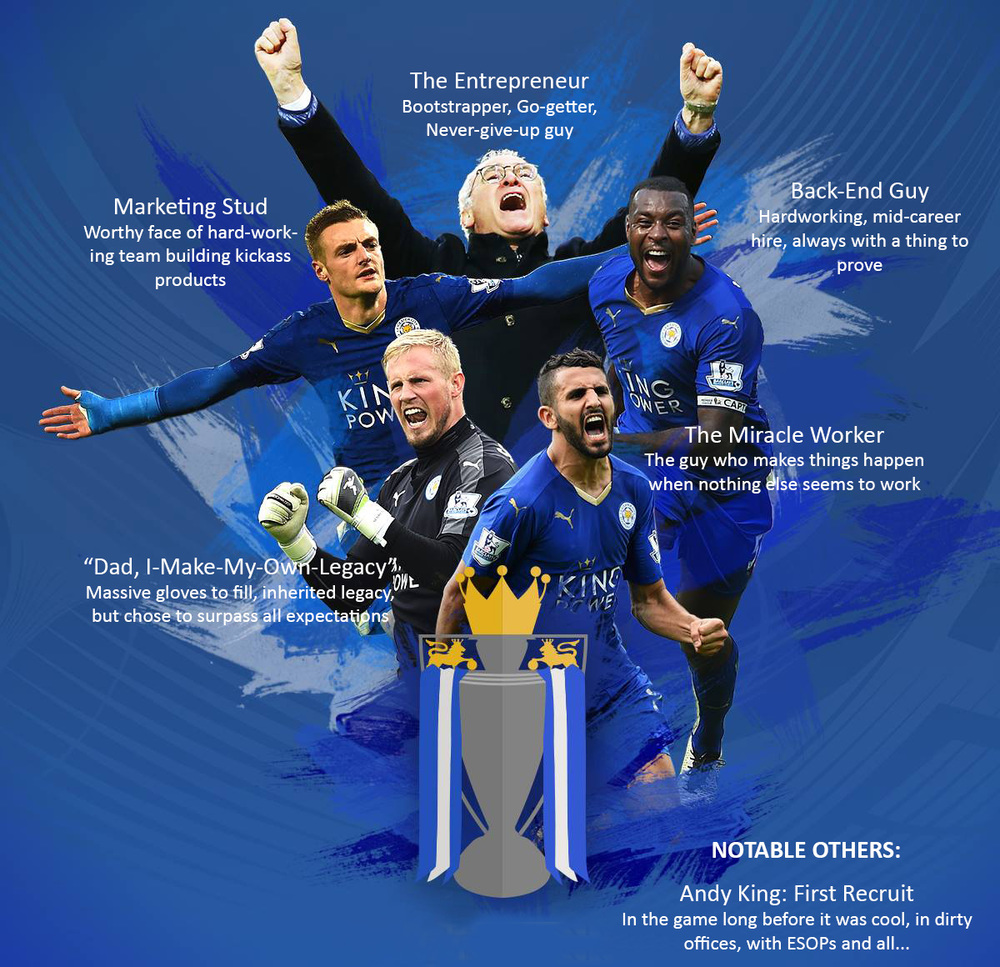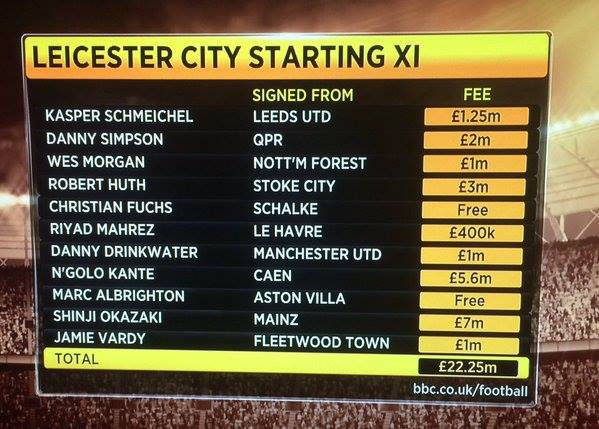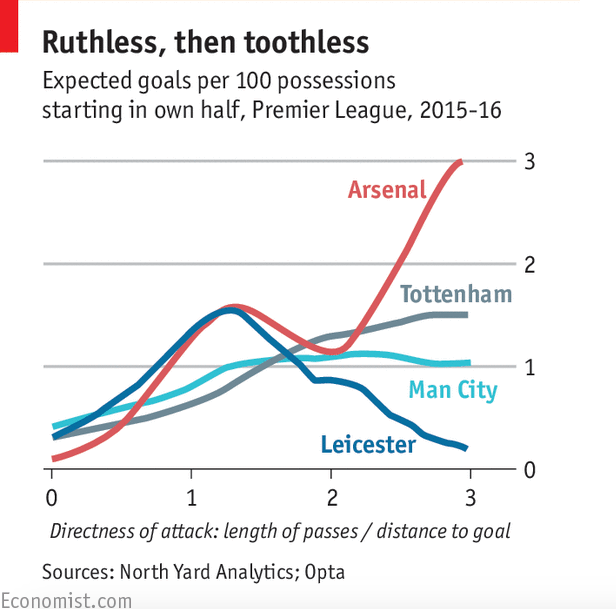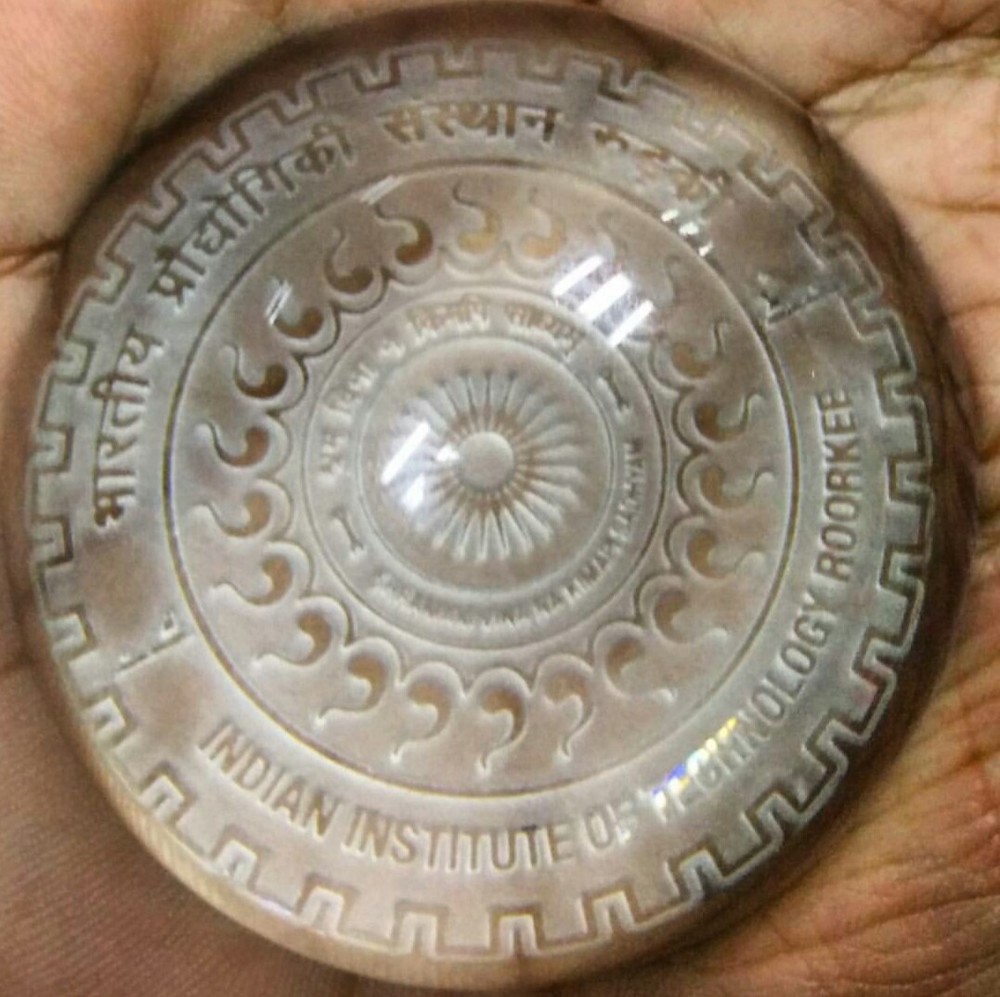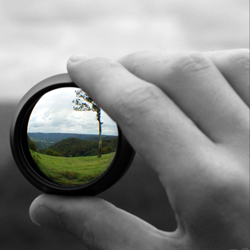I wake up. My room has almost no natural lighting; so I can’t tell if it is 4 am or noon. My hand reaches out for my cell-phone. I look at the time – it’s okay, I’ve got time – and unlock the screen. I open Facebook – 10 notifications, Instagram – 6 hearts, and WhatsApp – where about a dozen conversations wait, and think about how I am Zuckerberg’s bitch. I open Snapchat for a stream that gets boring and loud too quickly.
I go back to sleep, but I’m restless. So I get up, wash my face and brush my teeth. And before heading for a bath, I open Facebook again to check for updates. Facebook is important for me, as I use it as a marketing vehicle. So part of what I do is work; I slip into the internet’s meaningless bullshit quite easily.
When I drive to work, I open Whatsapp because I see a white light glow on my phone. When I’m at a traffic light – 128, 127, 126, 125… - I quickly open an article to read. I read it in bits and pieces, only at traffic lights. I’m done with the article, and there’s nothing new on Facebook; so I catch up on some tweets. I don’t care about Twitter. They’re going down! But I have nothing else to do.
I reach office. While discussing plans with the guy who handles Digital Marketing, I open Facebook again to prove a point. I emerge from Facebook ten minutes later, having learnt nothing new. I check messages when I’m heading to the bathroom, in the middle of lunch, and sitting in front of the TV.
Disgusted with my behavior, my spineless servility to social media, I decided to identify the root cause of the problem. And proceed to put things right. If you, like me, find yourself in the middle of unnecessary noise and unable to pull yourself out of the mess, then your problem might be this:
You have the inability to do nothing.
Busy is good. Busy is awesome. It feels good to have a bunch of things to do; we get restless when we’re not doing anything significant. Have you walked down the road with your hands in your pockets, looking at random passersby, wondering why you’re so jobless? Have you waited at a reception, or at a train-station or airport, and felt your time was worth something more? Have you ever felt insulted by a ticking clock? Do you feel disappointed when you’re not continuously multitasking?
We have been coached to think that still moments must be done away with! And your phone is your savior, as it creates to-do lists on the go. There is always something to be read, to be listened to, to be understood, to be done… but most of these things are unnecessary. Your life won’t be significantly impacted if you do not complete these tasks. On the contrary, even if you complete all these tasks – if you read all articles, keep up to date with your friend’s daily activities, stay on top of the latest views on a trending issue, and update your online personality – you won’t be much better off.
Time-fillers have found higher purpose in our lives. Have you ever had nothing to do, felt like your falling through a giant void, only to reach out for the cell-phone, seeking meaning from social media? The internet was conceptualized as a place where we can find responses to our every possible question. It has, however, the incredible ability to provide a constant stream of stimuli. Suddenly, we are responding the Internet. The Internet, in a twisted way, is the initiator of action, the subject; we are its response, or the object of action.
I believe the cure to this annoying condition is in accepting the slow moments of life. It’s okay if you are aware of the sound of the ticking clock. If your hands are loose, by your sides, it is okay! If there’s something at the tip of your tongue, and you don’t quite recall it, you don’t have to compulsively look it up. If you’re waiting at a traffic signal, it is okay. You don’t need your phone; there’s nothing there.
We have been brought up to believe in buzzwords like productivity, networking and visibility. It has been ingrained in minds, to the point that we now feel crippled without a computer and a phone, without a regular dose of meaningless information inflow and output. But the solution is not in quitting these networks. No, these networks have a place in our lives. But like all problems, the solution to this lies in the middle-ground.
If you’re running a startup, you might well need Facebook as a marketing vehicle, or LinkedIn as a hiring portal. But you need to use them as precisely these tools. And no external help can help you. You need to believe that nothing significant can happen in the ten-twelve hours you choose to stay off social media. No one can say anything remarkable in your echo-chamber of views. Otherwise, the very tools you use to feel more productive will add you to an ever-growing list of insecure, unproductive creatures.
Remember this. You won’t cease to exist when you log off.
I go back to sleep, but I’m restless. So I get up, wash my face and brush my teeth. And before heading for a bath, I open Facebook again to check for updates. Facebook is important for me, as I use it as a marketing vehicle. So part of what I do is work; I slip into the internet’s meaningless bullshit quite easily.
When I drive to work, I open Whatsapp because I see a white light glow on my phone. When I’m at a traffic light – 128, 127, 126, 125… - I quickly open an article to read. I read it in bits and pieces, only at traffic lights. I’m done with the article, and there’s nothing new on Facebook; so I catch up on some tweets. I don’t care about Twitter. They’re going down! But I have nothing else to do.
I reach office. While discussing plans with the guy who handles Digital Marketing, I open Facebook again to prove a point. I emerge from Facebook ten minutes later, having learnt nothing new. I check messages when I’m heading to the bathroom, in the middle of lunch, and sitting in front of the TV.
* * * * * * * *
Disgusted with my behavior, my spineless servility to social media, I decided to identify the root cause of the problem. And proceed to put things right. If you, like me, find yourself in the middle of unnecessary noise and unable to pull yourself out of the mess, then your problem might be this:
You have the inability to do nothing.
Busy is good. Busy is awesome. It feels good to have a bunch of things to do; we get restless when we’re not doing anything significant. Have you walked down the road with your hands in your pockets, looking at random passersby, wondering why you’re so jobless? Have you waited at a reception, or at a train-station or airport, and felt your time was worth something more? Have you ever felt insulted by a ticking clock? Do you feel disappointed when you’re not continuously multitasking?
We have been coached to think that still moments must be done away with! And your phone is your savior, as it creates to-do lists on the go. There is always something to be read, to be listened to, to be understood, to be done… but most of these things are unnecessary. Your life won’t be significantly impacted if you do not complete these tasks. On the contrary, even if you complete all these tasks – if you read all articles, keep up to date with your friend’s daily activities, stay on top of the latest views on a trending issue, and update your online personality – you won’t be much better off.
Time-fillers have found higher purpose in our lives. Have you ever had nothing to do, felt like your falling through a giant void, only to reach out for the cell-phone, seeking meaning from social media? The internet was conceptualized as a place where we can find responses to our every possible question. It has, however, the incredible ability to provide a constant stream of stimuli. Suddenly, we are responding the Internet. The Internet, in a twisted way, is the initiator of action, the subject; we are its response, or the object of action.
* * * * * * * *
I believe the cure to this annoying condition is in accepting the slow moments of life. It’s okay if you are aware of the sound of the ticking clock. If your hands are loose, by your sides, it is okay! If there’s something at the tip of your tongue, and you don’t quite recall it, you don’t have to compulsively look it up. If you’re waiting at a traffic signal, it is okay. You don’t need your phone; there’s nothing there.
We have been brought up to believe in buzzwords like productivity, networking and visibility. It has been ingrained in minds, to the point that we now feel crippled without a computer and a phone, without a regular dose of meaningless information inflow and output. But the solution is not in quitting these networks. No, these networks have a place in our lives. But like all problems, the solution to this lies in the middle-ground.
If you’re running a startup, you might well need Facebook as a marketing vehicle, or LinkedIn as a hiring portal. But you need to use them as precisely these tools. And no external help can help you. You need to believe that nothing significant can happen in the ten-twelve hours you choose to stay off social media. No one can say anything remarkable in your echo-chamber of views. Otherwise, the very tools you use to feel more productive will add you to an ever-growing list of insecure, unproductive creatures.
Remember this. You won’t cease to exist when you log off.


